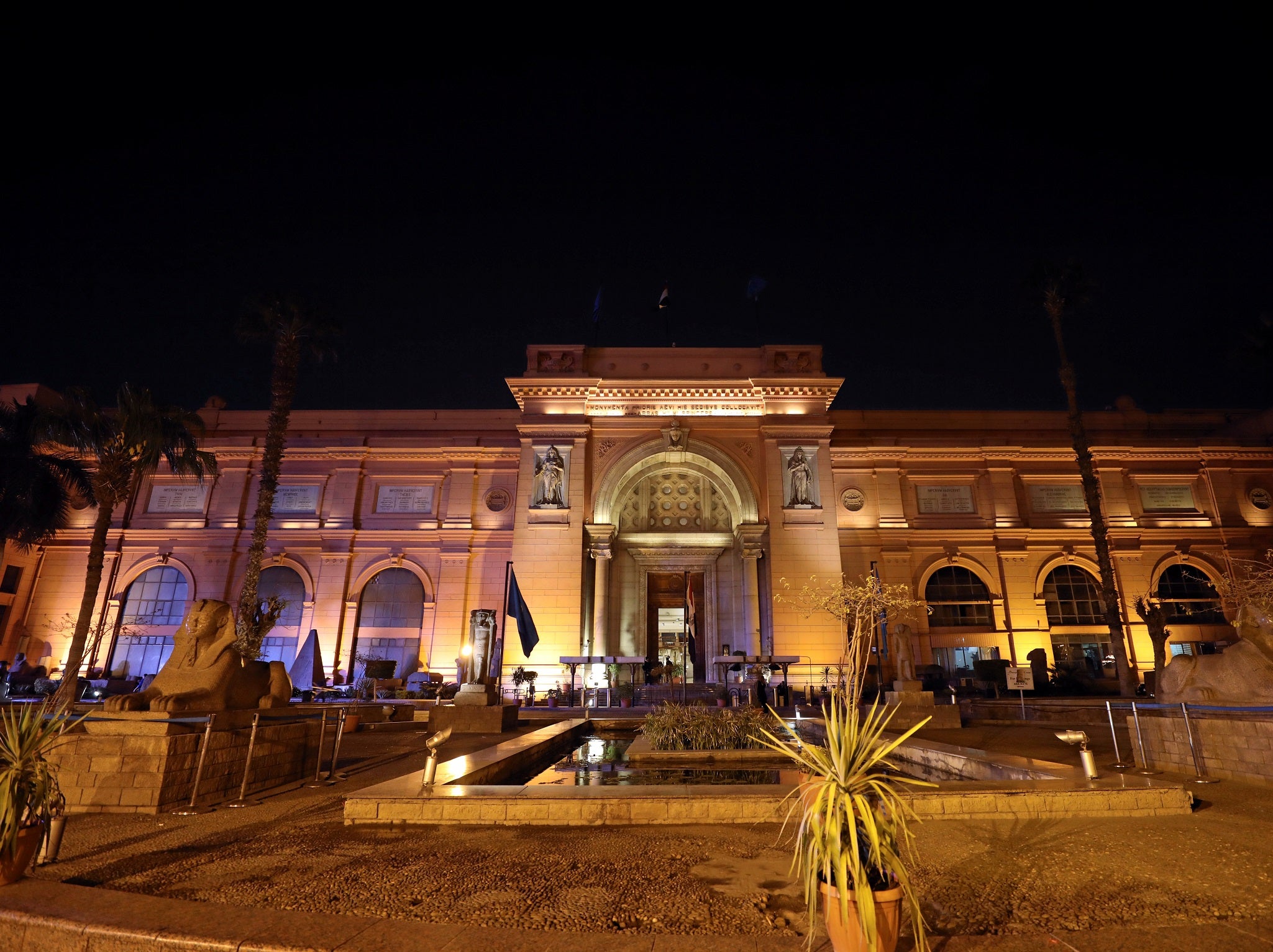King Solomon's legendary fabulous wealth in hidden gold mines never existed, says historian
'There comes a point when we either have to accept that the Biblical account is entirely fictional, or that we may be looking in the wrong location and for the wrong things'

King Solomon’s gold mines, which the Bible says helped him store wealth amounting to more than £2.3 trillion, are a complete myth, historians believe.
The biblical ruler is said to have accumulated 500 tons of pure gold from the mines, but experts now say the pot of wealth is unlikely to have ever existed.
Historians claim the Old Testament King’s story has been misinterpreted and King Solomon was in fact an Egyptian Pharaoh.
Ralph Ellis, a British historian and author, said finding his lost mines is “about as likely as taking a dip in the Fountain of Youth”.
The expert spent 20 years researching the leader in a bid to uncover his hidden wealth, which he now believes never existed.
But Mr Ellis claimed there was still a “grain of historical truth” to the story.

“According to the Bible, King Solomon was staggeringly wealthy,” he said.
“Yet successive generations of theologians and archaeologists have scoured the Holy Land looking for his capital city, palace, temple and wealth without any success.
“There comes a point when we either have to accept that the biblical account is entirely fictional, or that we may be looking in the wrong location and for the wrong things.
“My research suggests that there is a factual basis for the story of Solomon and his riches, but that it was heavily amended and obscured by biblical scribes.
“A wealthy and powerful Israelite dynasty did exist, just as the Bible claims, but they were not simply Israelite kings and their capital city was not at Jerusalem.”
Mr Ellis said many archaeologists may be disappointed to hear the findings of his research.
He believes, however, that if his theory is true, then Pharaoh Solomon’s wealth must be included in the artefacts from the era at the Museum of Egyptian Antiquities in Cairo.
Join our commenting forum
Join thought-provoking conversations, follow other Independent readers and see their replies
Comments
Bookmark popover
Removed from bookmarks